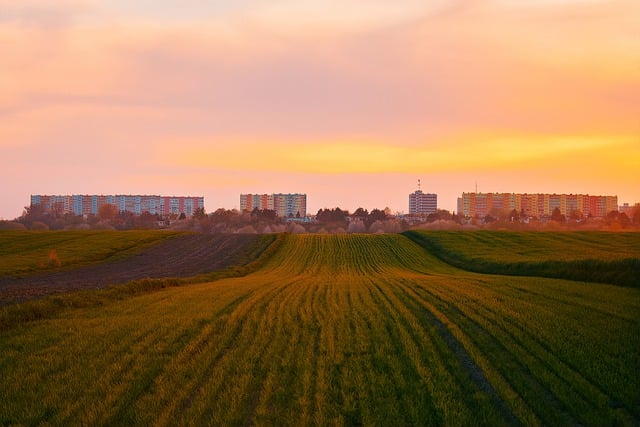Transport Sustainability
One of the key benefits of urban agriculture is its contribution to transport sustainability. By cultivating crops within city limits, we are able to reduce the need for long-distance transportation of food from rural areas to urban centers. This not only cuts down on carbon emissions but also eases the strain on our transport infrastructure. With more local produce readily available, we can lower our dependence on fossil fuels and create a more eco-friendly system of food distribution.
Rural Development
Furthermore, urban agriculture has a significant impact on rural development. As more focus is placed on growing food within cities, there is a shift in the dynamics of agricultural production. This presents new opportunities for rural farmers to diversify their crops and tap into urban markets. By bridging the gap between urban and rural areas, urban farming fosters collaboration and mutual growth. It boosts the local economy, creates employment opportunities, and strengthens the connection between urban consumers and rural producers.
Urban agriculture is not just a trend; it’s a movement towards a more sustainable and integrated food system. By embracing this model, we are not only reimagining the way we farm but also how we connect with our food sources. Together, we can build a more resilient and inclusive agricultural landscape that benefits both urban and rural communities alike.




